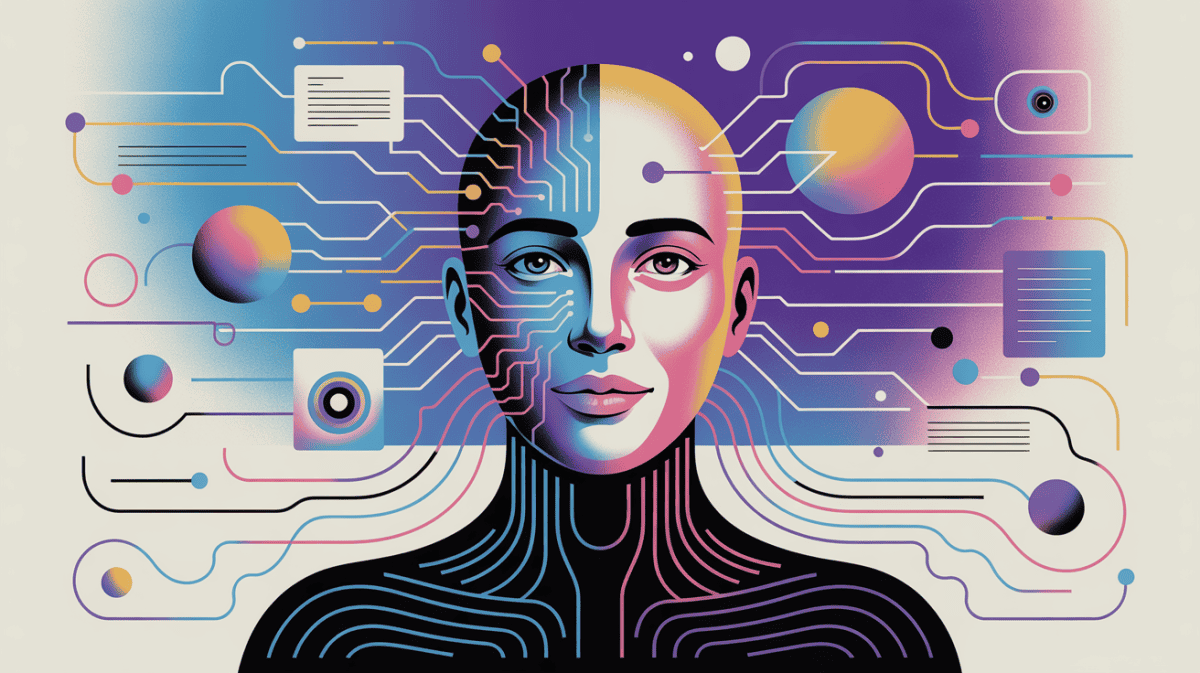Introduction:
The digital products of tomorrow are increasingly shaped by AI agents—systems that automate, analyze, and personalize at scale. Yet as designers, leaders, and technologists, we face a critical question: can we transition from efficiency-driven automation to truly empathetic user experiences?
The Double-Edged Sword of AI-Powered UX
AI lets us build smarter tools and more personalized interfaces, but it also risks eroding creative intent, culture, and empathy. When design becomes laser-focused on metrics and automation, do we end up serving users, or optimizing against them?
The Next Frontier: Beyond Automation
Generative and autonomous AI agents now co-create, adapt, and even predict needs, but their decisions must still be guided by ethical, contextual, and emotional intelligence. Future-ready UX integrates AI not just to anticipate tasks, but to understand motives, frustrations, and dreams.
From Hyper-Personalization to Predictive Empathy
What if personalization went beyond ‘what’ users want to ‘why’ they act? True predictive empathy combines data signals with design intuition—fostering digital experiences that adapt not just to behavior but to context and purpose, while respecting privacy and agency.
Leadership in a World of Sameness
Design leaders today must balance the promise of scale with the dangers of commoditization. We need to champion creativity over conformity, experimentation over imitation, and cultural relevance over trend-chasing. AI can liberate time for invention—if we use it with intention.
Actionable Strategies:
- Treat empathy and ethics as design KPIs—not just technical checkboxes.
- Intertwine cultural awareness and accessibility throughout AI-driven products.
- Use AI to surface new creative possibilities, not replace decision-making.
- Lead with questions: What problem are we solving? Whose voices aren’t heard?
- Create feedback loops where users help train and refine AI for real value.
Conclusion:
AI will define the next generation of digital products—but only human leadership can ensure these transformations remain inclusive, contextual, and empowering. By focusing on empathy as the ultimate UX differentiator, we can crack open new spaces for innovation and connection in the age of intelligent agents.


Leave a Reply